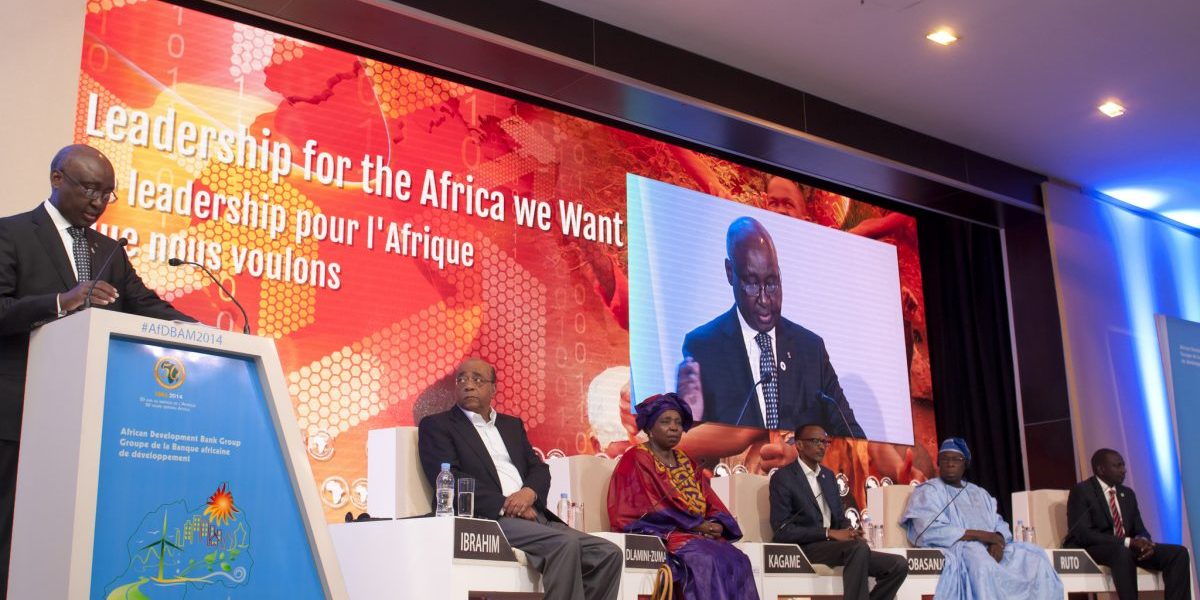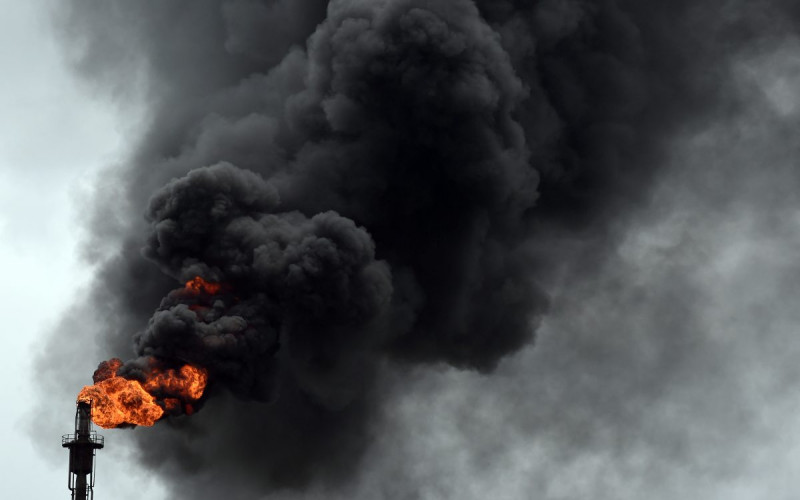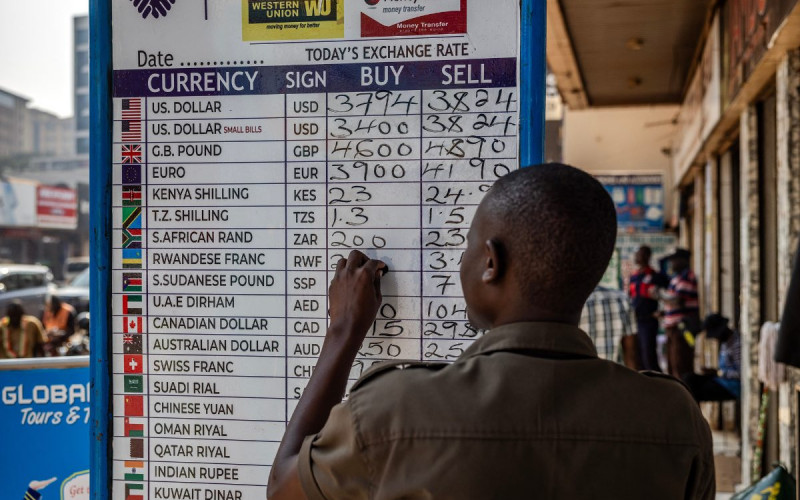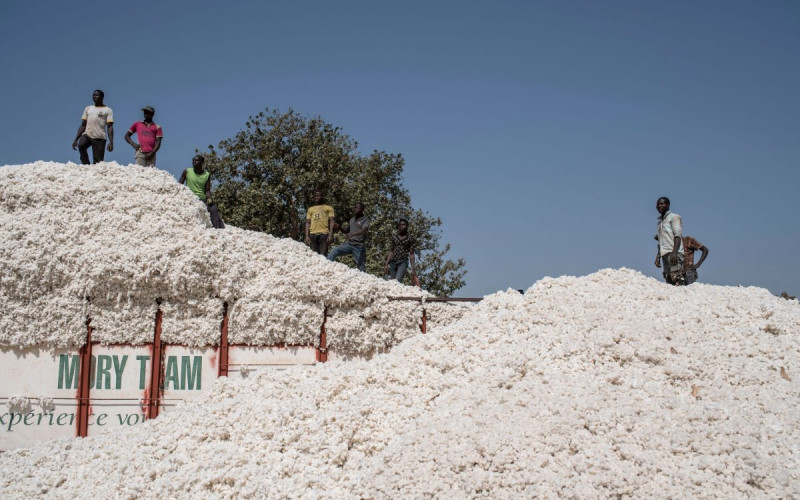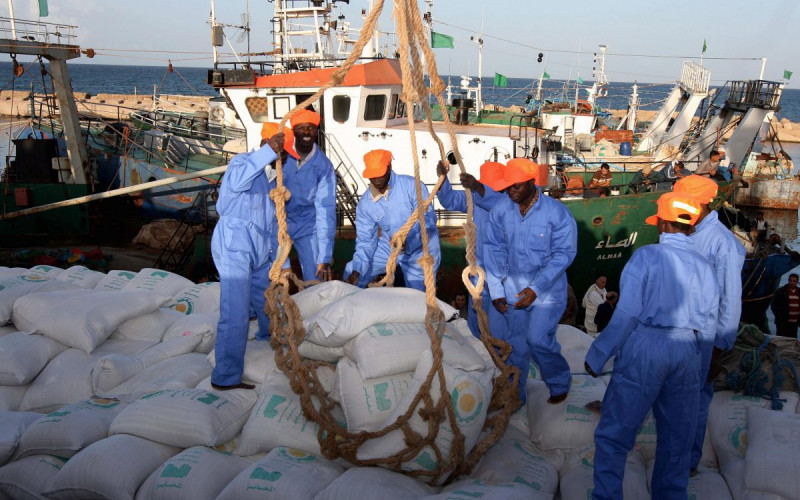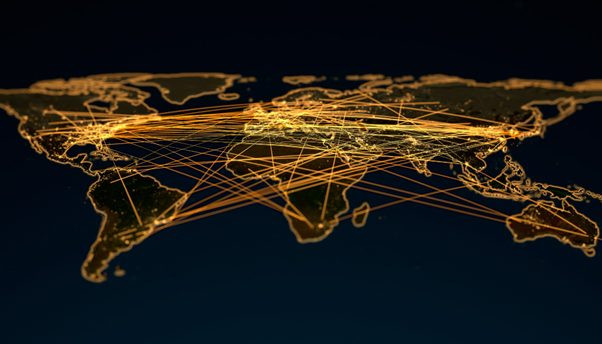Britain, which chairs the Group of Eight (G8) and European Union this year, advocates a much bigger role for the AfDB group in development financing. It has won support for this from France, Germany, Canada and the USA. The AfDB already got a vote of confidence from the donors last December when they awarded its soft-loan affiliate, the African Development Fund, its biggest-ever replenishment of $5.4 billion for operations in 2005-07. Before the annual meeting, Britain wanted the AfDB to take the lead in managing a $10 billion-a-year infrastructure fund for Africa, as part of an expansion in the bank’s role recommended in Blair’s Commission for Africa’s report (eAfrica April 2005).
However, Africa and donor nations who are shareholders in the bank are deeply divided over who should be the next president. After Ghana’s KY Amoako, who heads the UN’s Economic Commission for Africa, failed in the early rounds of voting, the western donors backed Rwandan finance minister Donald Kaberuka, joined by South Africa, Kenya and Egypt. But most other African shareholders backed Nigerian candidate Olabisi Ogunjobi, Vice President of the AfDB. Western officials are now more guarded, talking of bringing in the European Commission and the World Bank’s soft-loan affiliate, the International Development Association, alongside the AfDB.
There were no obvious policy differences between Kaberuka, an accomplished Rwandan politician, and Ogunjobi, an AfDB veteran. The Nigerian camp claimed Kaberuka was a western stooge and Ogunjobi a champion of African nationalism. It is unclear why Ogunjobi has taken so few non-regional votes, apart from China, India and Spain (all small shareholders). Opponents of the Nigerian candidate, a personal friend of President Olusegun Obasanjo, suspect he has more of a national than an African agenda. Some worry about an overbearing Nigeria, which, as the biggest African shareholder, likes to throw its weight around in the bank.
African governments own 60.1% of the AfDB, but the winner must have substantial support not only from Africa but also from the non-African shareholders, who provide vital soft loan resources. Most African states are already overburdened with debt and cannot borrow from the bank at its normal rates, which means the bank’s effectiveness as a development institution is directly tied to its ability to continue to win new funding from non-African shareholders.
The deadlock over the presidency recalls the AfDB’s bad old days of political infighting between the African and non-regional shareholders over who could borrow from the bank’s low-interest resources, amid deteriorating finances and spreading corruption. That era ended with the election in 1995 of Omar Kabbaj, a former Moroccan finance minister, whose tenure brought stability to the AfDB and restored its triple-A credit rating from the leading international rating agencies, while earning big increases in soft loan resources from the donors. Blair’s Commission for Africa recently said the AfDB combined regional credibility with much improved financial management.
The bank’s shareholders are to meet on 22 July at the ADB’s temporary headquarters in Tunis to try again to agree on a new president. Kaberuka and Ogunjobi will be candidates again, though the latter will have lost home advantage since the Abuja meeting. It will be considered a new contest so other candidates may now be able to enter the race. A third possibility is a transitional presidency under Kabbaj or another mutually acceptable nominee. Kabbaj’s term ends on 31 August.
Until then, the AfDB can only tread water. The big question facing the bank is what the new president will do with the solid financial platform that Kabbaj and his team have built and whether he will be able to take advantage of the new funds at Africa’s disposal.

